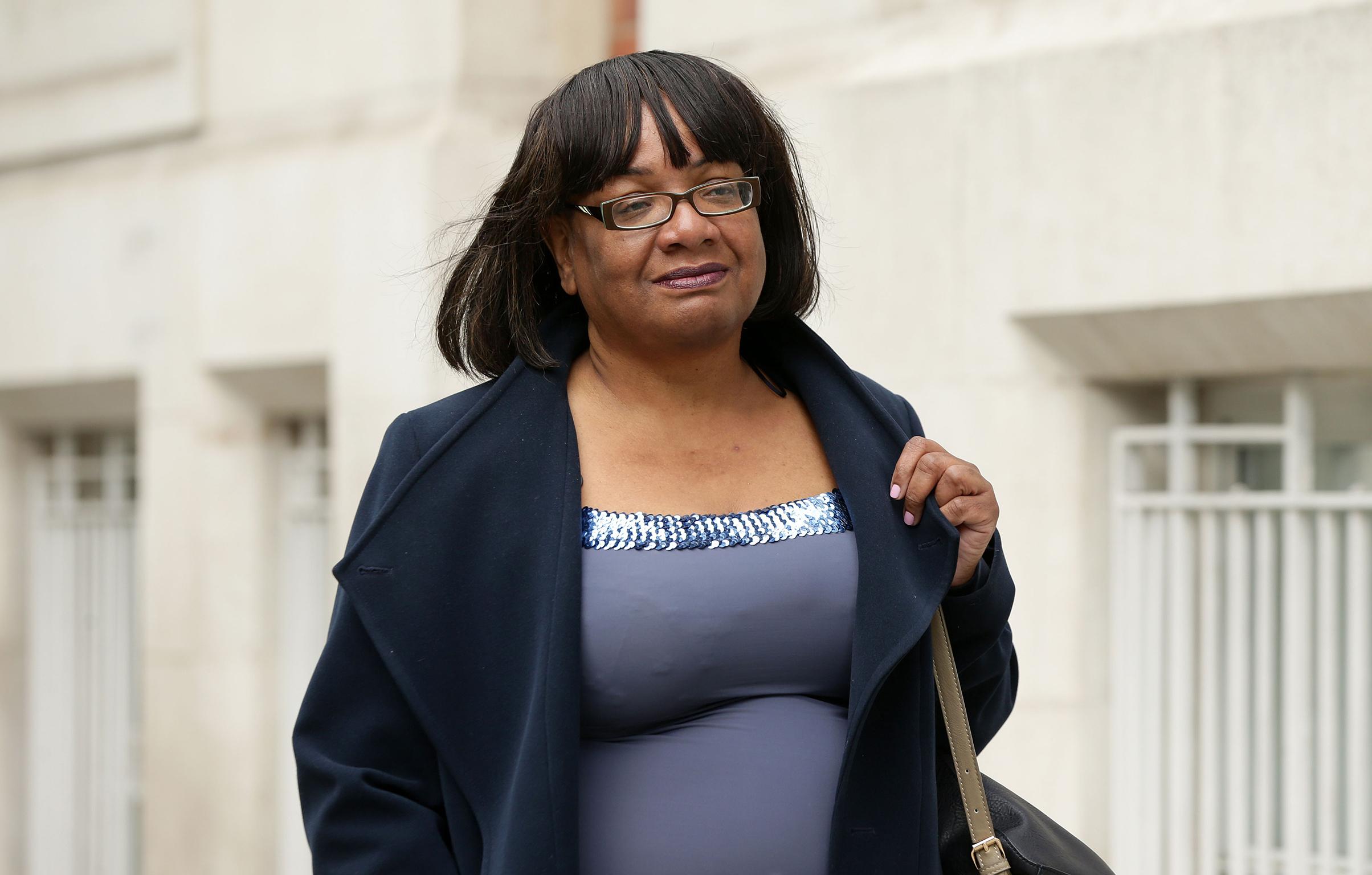Online trolling laws under consideration following abuse of MPs
Committee will look at whether existing legislation around hate speech is still fit for purpose with the rise of social media

An investigation into the abuse of MPs and parliamentary candidates is considering whether new laws are needed to protect public servants because of the rise of social media.
The independent Committee on Standards in Public Life said it would examine whether existing laws to counter intimidation and abuse are still fit for purpose, as it set out the terms of reference of its review.
The investigation is looking into the tidal wave of intimidation and personal abuse directed at candidates during the general election campaign.
It has heard evidence from several MPs about the vitriolic and menacing nature of many of the online messages they received.
Both Labour and the Conservatives have accused the other party of failing to do enough to reign in abuse from their members and activists after reports of racism, anti-semitism, homophobia and sexism.
Several MPs have called for new legislation, saying existing laws such as those around hate speech and the incitement to violence are not sufficient in the online environment, where those who break the law are allowed to hide beneath the cloak of anonymity by social media platforms and action is rarely seen to be taken against perpetrators of abuse.
The Committee has called for evidence and comments on whether the media or social media has changed the “nature, scale, or effect of intimidation of parliamentary candidates”, and if existing legislation is sufficient to tackle the problem.
It will also look at whether the intimidation reflects “a wider change in the relationship and discourse between public office holders and the public” and if it could discourage others from standing for public office.
Lord Bew, the Committee's chairman, has warned that many good candidates could be put off entering politics if no action is taken against the growing problem of online abuse.
“The intimidation of candidates, MPs and other public office holders matters to everyone, not just those who have been subject to it. Public life and parliamentary democracy needs people from a diverse range of backgrounds to be willing to step forward.
“Abuse and intimidation cannot be acceptable within our political culture; we want to hear views on how to address this without stifling the robust debate or differences of opinion that are fundamental to our democracy. The Committee will be considering all evidence we receive and intend to produce a report with recommendations before Christmas."
The investigation comes after a cross-party group said political parties must do more to prepare candidates for the ruthless nature of campaigning.
The informal all-party parliamentary inquiry into electoral conduct found racism and bigotry have been ”on the rise“ at times since the 2015 general election.
MPs gathered in Westminster Hall to discuss the apparent rise in such behaviour and shared their own troubling experiences of abuse earlier this month.
Shadow Home Secretary Diane Abbott described how she has been subject to racist and sexist abuse ever since she entered Parliament 30 years ago – but that it has got much worse with the rise of online communications.
Former Tory minister Andrew Percy, who converted to Judaism, has previously spoken of how he had been called ”Zionist scum“.
The Committee, which will also consider implications for other public office holders and candidates outside of politics, will report back to the Prime Minister with recommendations on how to tackle future abuse in the short and long term.
The concerns of the committee reflect those of Stephen Kavanagh, the chief constable who heads up the fight against digital crime, who last year called for fresh laws to tackle “the unimaginable scale of online abuse” which he said was threatening to overwhelm the police force.
Subscribe to Independent Premium to bookmark this article
Want to bookmark your favourite articles and stories to read or reference later? Start your Independent Premium subscription today.

Join our commenting forum
Join thought-provoking conversations, follow other Independent readers and see their replies